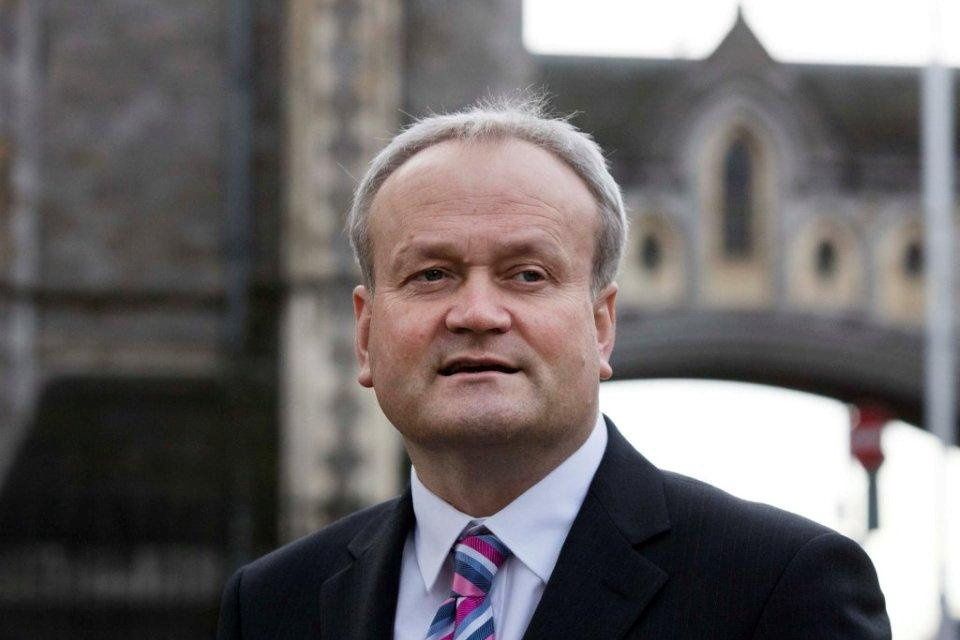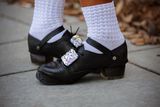Nearly one in five teachers have been cyberbullied – with 20pc of perpetrators being parents
ASTI general secretary Kieran Christie confirmed that teachers have also been targeted online.
Almost one in five teachers have been cyberbullied in what a teachers' union has described as "chilling" – with 20pc of the perpetrators being parents.
However, the data is thought to be underreported, according to the Association of Secondary Teachers Ireland (ASTI). The union released the Digital Technology and its Impact on Teachers' Working Lives survey this morning.
It found that while 20pc of teachers in secondary schools said they had been cyberbullied, there was a real surprise that so many perpetrators were parents.
The data found that, more predictably, 63pc of cyberbullying of teachers was carried out by students while 6pc was by teachers' colleagues. The remaining incidents were carried out by an unknown entity.
ASTI assistant general secretary Moira Leydon said while the situation was "not an epidemic", there was a solution.
Ms Leydon said while the primary people involved were students, it was now a case of "you can pick up your phone and get your own back on the teacher".
"A large number of teachers are experiencing bullying on social media – up-skirting, putting false information about teachers online, without consent and private information. There has to be a rapid response within the schools. Schools are getting much better at it."
She noted that it was sometimes problematic to get offensive material removed from online platforms and there was work to be done here with tech companies and the Department of Education.
The union said that using copyright infringement was being examined as a way of ensuring tech companies responded if uniforms with logos were photographed and used in abuse. It said there was more potential to get this data removed because social networks feared being sued.
ASTI general secretary Kieran Christie said the fact that this was happening to teachers was "chilling".
The union said it was "very surprised about the positive response by teachers to AI", given an initial anxiety around the issue when ChatGPT was released last year.
A total of 22pc of secondary school teachers said they used AI in their classroom and almost a third used it in their planning and preparation work.
More than 90pc of teachers wanted to know more about AI and education. However, more than 80pc have concerns including data harvesting, the potential of AI to undermine professional teacher autonomy and increased teacher workload.
ASTI president Geraldine O’Brien said: “While teachers are generally positive about integrating new digital technologies into teaching and learning, the survey found that they are being held back by lack of basic resources. This must be addressed if education in Ireland is to keep step with the rest of the world.
“The survey also tells us that for teachers the impact of digital technologies on their’ workload is a universal concern. Teachers find there is already little room in the school day for them to engage in planning and tailoring digital content, administer e-platforms and carry out other digital tasks.
"For many teachers, this work is undertaken in the evenings or at weekends. As technology evolves – including AI – we must ensure there is adequate professional time in every teacher’s working day to engage with, reflect on, and embed technology into their teaching practice in an educationally sound way.”
Meanwhile, there continues to be a problem in hiring and retaining second-level teachers. Mr Christie said this morning there were 602 posts that needed to be filled within the secondary school system.
Mr Christie said this had "started out being a Dublin problem and it's now nationwide. We talked to our teachers nationwide and it can be rural Ireland and management bodies tell us that".
Part of the problem, the union said, was that teachers returning to Ireland from different countries, were being offered only part-time roles. This was affecting students and particularly those with special needs students, with often teachers being moved over to mainstream classes.
Join the Irish Independent WhatsApp channel
Stay up to date with all the latest news















